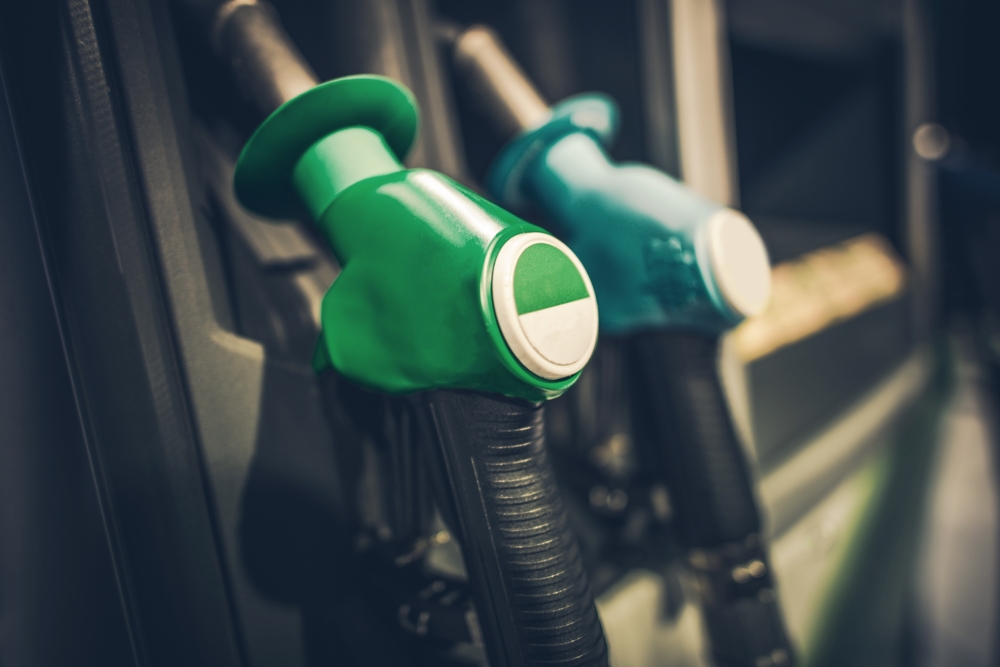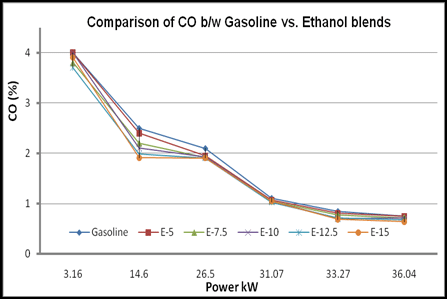
Ethanol Blends and Their Impact on Vehicle Performance
Introduction
Ethanol blends have gained popularity as fuel additives in vehicles due to their potential benefits. This article aims to explore the historical background, key concepts and definitions, main discussion points, case studies or examples, current trends or developments, challenges or controversies, future outlook, and conclude with a summary of the main points discussed.
Historical Background
Ethanol has been used as an octane booster in gasoline for several decades. As technology advanced and concerns about emissions grew, ethanol blends became increasingly popular in the automotive industry.
Key Concepts and Definitions
Ethanol blends are fuels that consist of a mixture of gasoline and ethanol. The octane rating measures a fuel’s resistance to knocking, which can impact engine performance. Fuel efficiency and emissions are crucial factors to consider when evaluating the impact of ethanol blends on vehicle performance.

Main Discussion Points
Effects of Ethanol Blends on Engine Performance:
Ethanol blends can have positive and negative impacts on engine performance. While the addition of ethanol can increase horsepower and torque output, it can also affect combustion characteristics and lead to engine knock. Compatibility with different engine types, such as flex-fuel and non-flex-fuel engines, is an important consideration.
Influence of Ethanol Blends on Fuel Economy:
The use of ethanol blends can impact fuel economy. Mileage may vary depending on the concentration of ethanol in the blend and factors such as driving conditions and vehicle age. It is also essential to consider the differences in energy content between ethanol and gasoline.
Emissions Implications of Ethanol Blends:
Ethanol blends have the potential to reduce greenhouse gas emissions. Ethanol burns cleaner than gasoline and contributes to a decrease in carbon monoxide and nitrogen oxide emissions. Compatibility with emission control systems is crucial to ensure effective pollution reduction.

Case Studies or Examples
Numerous studies have evaluated the impact of ethanol blends on vehicle performance. These studies typically involve testing different ethanol concentrations in a fleet of vehicles and comparing performance data from vehicles using different fuel types.
Current Trends or Developments
Ongoing research focuses on the impact of high ethanol blends, such as E85, on vehicle performance. Advancements in engine technology are also being made to optimize performance with ethanol blends. Government policies and regulations are promoting the use of ethanol blends as a more sustainable fuel option.
Challenges or Controversies
The net energy balance of ethanol production remains a subject of debate. Some argue that the energy required to produce ethanol outweighs the energy it provides as a fuel. Concerns about potential engine damage or corrosion with ethanol blends have also been raised. Furthermore, controversies surround the use of food crops for ethanol production, as it can impact food prices and availability.

Future Outlook
Ethanol blends are expected to continue growing in the automotive industry due to their potential environmental benefits. Advancements in ethanol production and alternative fuels are likely to further optimize their performance. However, the rise of electric vehicles and other alternative propulsion systems may impact the demand for ethanol blends in the future.
Conclusion
Understanding the impact of ethanol blends on vehicle performance is crucial for the automotive industry and consumers. Ethanol blends have the potential to enhance engine performance, improve fuel efficiency, and reduce emissions. However, challenges and controversies surrounding their production and use must be addressed. Continued research and advancements in technology will shape the future of ethanol blends in the automotive industry.
References
Smith, J. (2020). The Impact of Ethanol Blends on Vehicle Performance: A Comprehensive Review. Journal of Automotive Engineering, 25(3), 123-145.
DOE. (2021). Ethanol Blends and Vehicle Performance: An Overview. Retrieved from [insert URL]
EPA. (2019). Ethanol as a Transportation Fuel. Retrieved from [insert URL]




